The Organizational Workshop
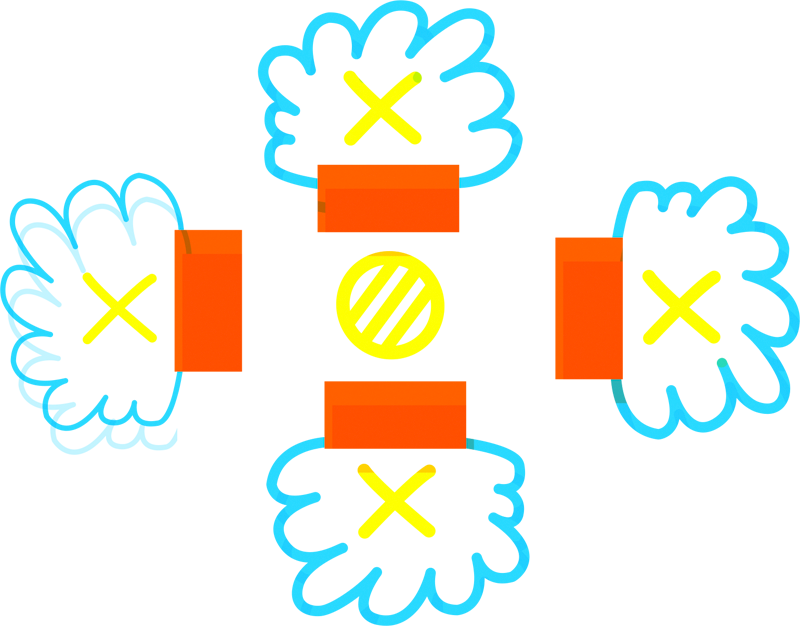
Why Tops suck it all up, Middles are in a tug o’war, and Bottoms blame “them” We are certified Power & Systems facilitators.
According to Barry Oshry, systems theorist and developer of The Organizational Workshop, “we are all tops, middles, bottoms and customers, wherever we may be in the system.”
The Organizational Workshop is an experiential business simulation that makes visible how systems work. It lays bare the pitfalls that lurk in each condition. The workshop develops the knowledge and skill to demonstrate how people can work together as partners, whether they’re tops, middles, bottoms or customers, in whatever context.
Social Network Analysis
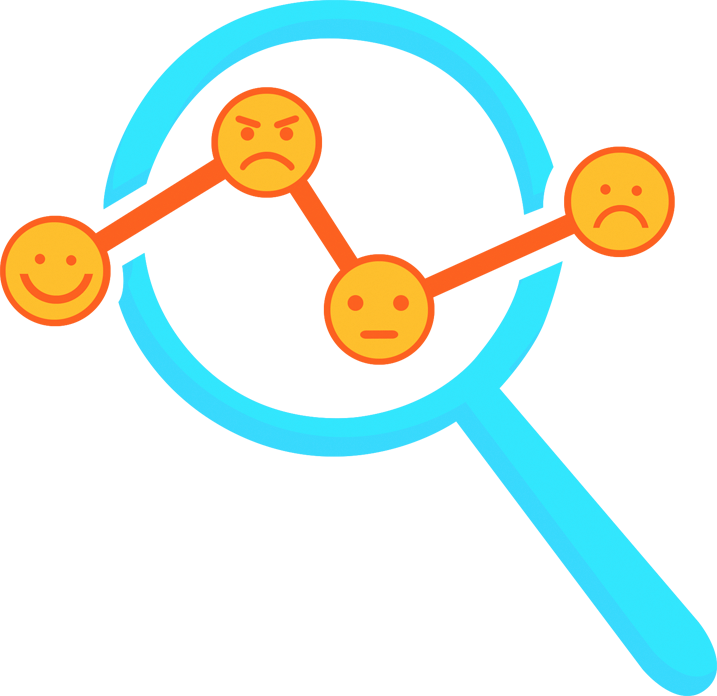
Want to know who the hidden leaders are in your organization? How knowledge is shared, or not, among your employees?
You get a glimpse of these dynamics through Social Network Analysis (SNA). We create a map that visually indicates the flow of knowledge and information between people and teams in your organization.
Through SNA you will see who among your people communicate with whom, who are isolated, who the hidden leaders are. The map gives you a peek into what people consider important, where communication bottlenecks lie, and what hinders the flow of information.
When Cultures Meet

Developed by Barry Oshry, this workshop aims to convert system blindness into system sight.
How people experience one another is a function of a pattern they have fallen into. Shifting that pattern will enable them to see another person or group differently.
The objective is to encourage people to take the time to see, respect, and appreciate their differences, be willing to have their thinking challenged, recognize the various ways their systems cause pain to one another, and ultimately to learn to see others in a new light.
The Outcomes: Participants are able to quickly and safely grapple with difficult issues, turn frustration into empathy, turn mere tolerance into genuineappreciation, conflict into productivity, and divisiveness into innovation.
Embodied Leadership
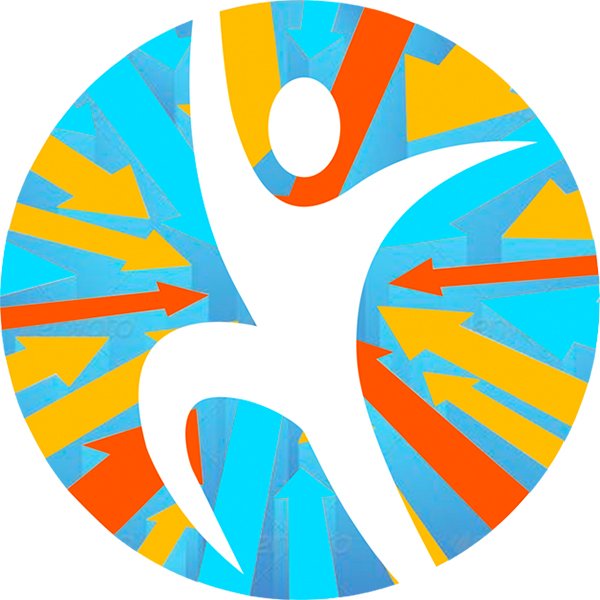
In this workshop, SOMATICS (which simply means body work) is applied to develop leadership potential.
The body is held up as the primary vessel in which change and transformation can happen. Embodied leadership is about working through your body towards deeper and more fundamental levels of self-awareness.
This develops your capacity to be the leader you want to be and to achieve what you have set out to achieve. The somatic approach combines language, behaviour, emotion and meaning. You are encouraged to reach new levels of depth, openness and authenticity.
The somatic practices, mindfulness, awareness and body work take you out of the cognitive domain and enable you to gain more access to your full body.
Tension Release Exercise (TRE)
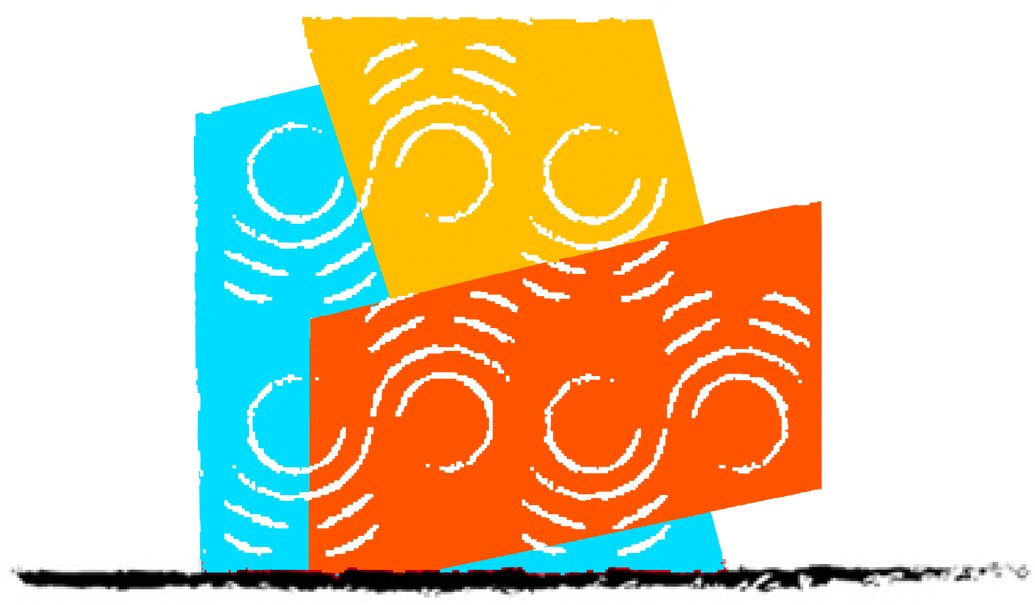
Talking about stress or trauma can be uncomfortable for some people.
For them, a non-verbal way to release the stress would be beneficial. One powerful way is through Tension Release Exercise, or TRE, a unique tool to let go of tension and maintain one’s equilibrium. TRE was developed by Dr. David Berceli as a result of his experience in conflict zones. The simple exercises have been used by victims of natural disasters and conflict to reduce the troubling psychological impact of those events.
TRE is best done with a TRE practitioner overseeing the practice, especially for those new to it. When facilitated virtually, it is equally crucial that participants be clearly visible on video to the TRE leader.
Wellbeing Life
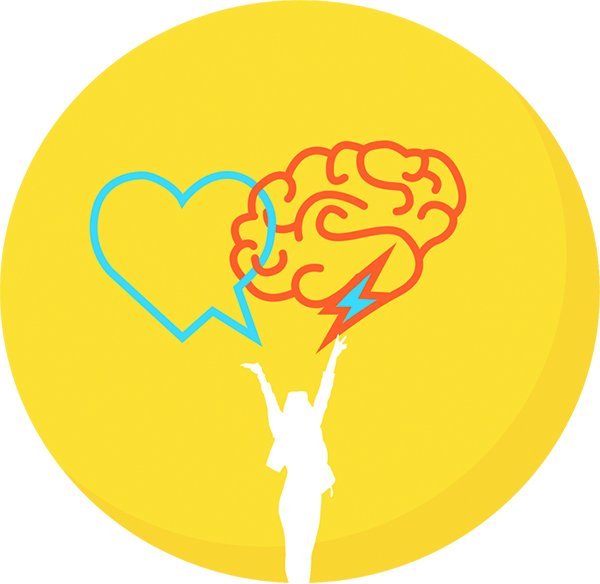
This program provides you with what you need to recognize and overcome stress and maintain your physical and mental health.
Drawing on expert input from decades of empirical studies on what creates well-being and resiliency, it includes modules on Creating Meaning, which brings happiness and fulfillment; Spotting the Signs and Emotional Intelligence, to help you recognize stress in yourself, know the sources of it, how to address them, and how to regulate and choose your emotional responses to situations. You learn physical and mental practices that help release stress. Learning is reinforced with an SMS-based program that provides short information and ensures that the practices are taking hold.
Map of Meaning
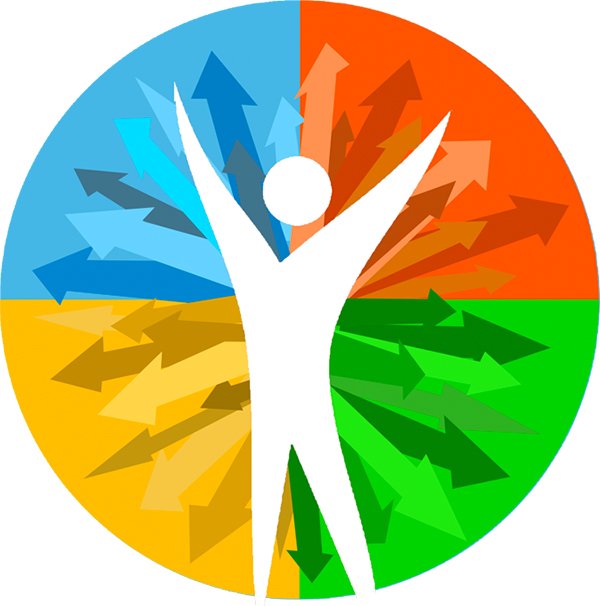
A sense of meaning in life contributes to our wellness and happiness, while a lack of meaning can bring unhappiness, emotional distress, even psychological discomfort.
Different people experience meaning in different ways. It’s a deeply personal experience and so only we can know what gives us a sense of meaning. We must therefore create it ourselves. Based on empirical research, the Map of Meaning shows the dimensions through which we experience meaning, provides a common framework for understanding the experience, and how we talk about it with others.
The Map of Meaning helps us to bring balance to our life – finding how we can be happy and fulfilled in the dimensions of: Unity with Others, Integrity with Self, Expressing full Potential, and Service to Others. The Map helps us work out what matters to us, i.e. what needs to be present in each dimension for us to find meaning, what’s missing when we don’t, and which dimension to focus on to create meaning.
Theory U
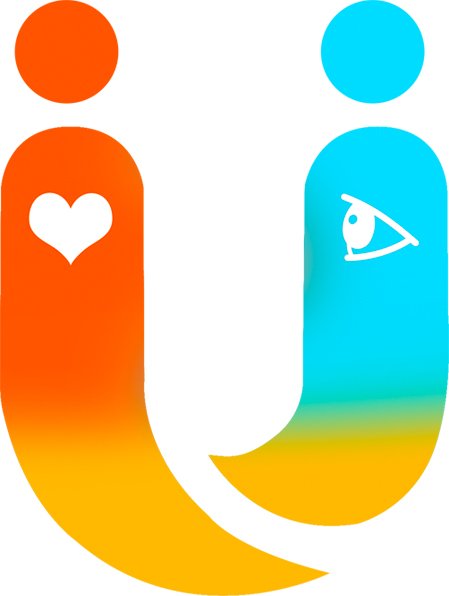
Awareness-based method for changing systems
Otto Scharmer, the co-founder of the Presencing Institute and the mind behind Theory U, describes the concept as an “awareness-based method for changing systems.” Through the practice of Theory U, individuals, groups and organizations are able to sense and actualize their highest future potential.
The process involves using the instruments of the Open Mind (see with fresh eyes), the Open Heart ( look at a situation through the eyes of another), and the Open Will (‘let go’ of the old and ‘let come’ the new) to co-sense and co-shape emerging future possibilities.
It is a useful tool in creating a shift in people’s awareness of how they see, sense and relate to each other, to their system, and to themselves. This capacity is the essence of systems thinking: making the system sense and see itself.
Systemic Constellations
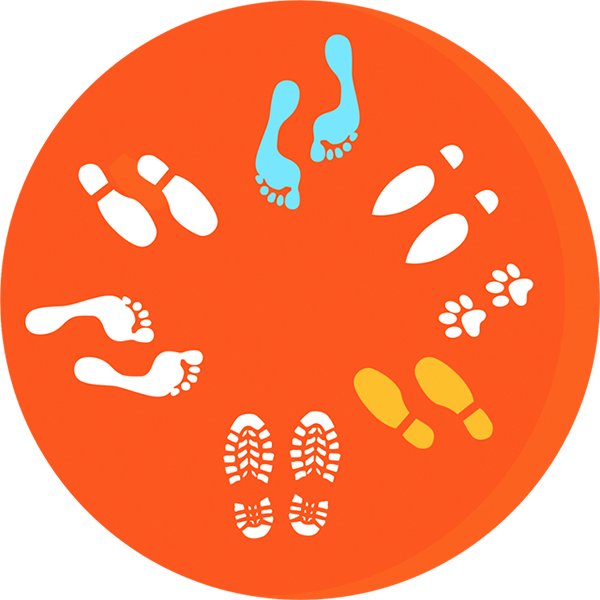
Developed by German psychotherapist Bert Hellinger.
Systemic Constellations originally focused on exploring issues in family systems, and was later refined to be applicable to other systems. The method has been used to explore business or relational challenges faced by teams, organisations or communities in ways that show up the hidden dynamics underlying a particular issue.
This facilitator-led process provides an opportunity for clients to see their issues through the eyes of others. Freed from their habitual patterns and blind spots, they are able to shift perspective and see new possibilities and insights. It is useful too in exploring patterns of entrenchment, or a feeling of being stuck – in a relationship, in a dysfunctional team, in something that no longer works.
The process brings to the surface previously unnoticed information, which can then pave the way for something new to emerge.
